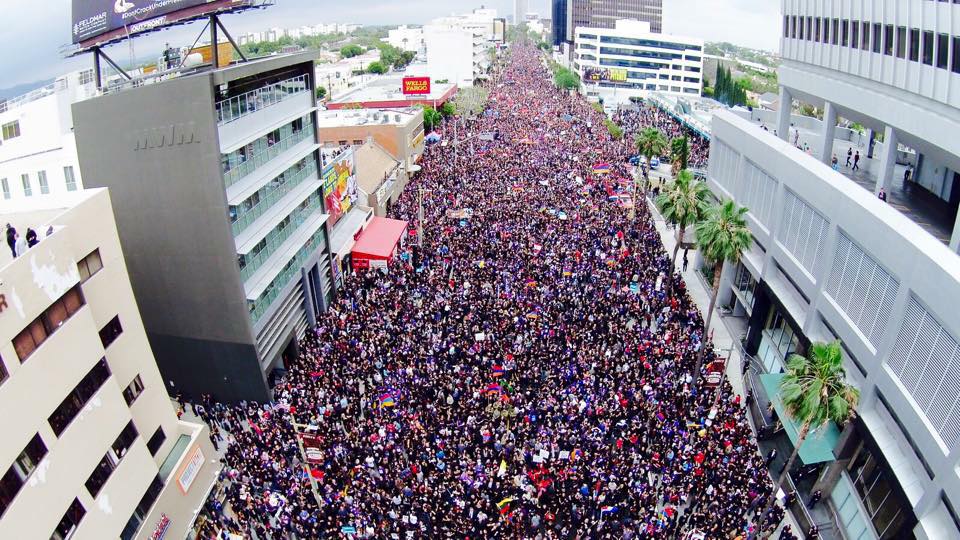The muzzle may be growing tighter, but that's because the government has lost control of the prisoner's hands, and he is free to write what he wants. I think that we're not seeing so much as a return to repression, but friction created because states are having to deal with the reality of not being able to contain information the way they once were. There's no need to hire a Leni Riefenstahl to produce your next big propaganda piece, because it will be mocked and debunked in a matter of minutes on the internet. These governments have to act boldly, because they think they can quash the coming rebellions before they happen. Eventually, I think the technology will progress to the point where it's futile to even try to suppress speech. Let the people throw a fit. Eventually, even the hardest core anti-blasphemers will come to the realization that they can't destroy their village every time someone on the other side of the world does something they don't like. In America, speech is only getting freer, and we're efficient at anything, it's exporting our culture. Freedom of speech is decidedly NOT in retreat. If it were, there would be no need for a crackdown.
What can I say, I live in a country where free speech as one describes it in the United States, doesn't strictly exist. You can't just say what you want freely, whenever wherever. there are rules. The wikipedia article is quite good on this one: https://en.wikipedia.org/wiki/Freedom_of_speech_in_Canada I'm... pretty okay with it, tbh. It means that you can't just say shit about someone, or a situation without being accountable for your actions. As the saying goes, a lie can be halfway around the world before the truth puts on its shoes.
That just about sums up what I'm reading, too. To me, the relevance of this bit right here out weighs a good portion of the evidence they serve for their counter-argument. The web is new and if anything that the article gets right is that government is just starting to catch up with it. What I see as the counter-argument: Chunks of the evidence: All of these, as I seen, have always been restrictive of speech. When was it ever commonplace as otherwise? That said, where does Islam fall into that spectrum? (Conditional*) Freedom of speech has been more or less a commodity. The article looks more as a stretch on current events in a negative light (as if there was a positive no that I think about it), to say the cup is half empty. If anything, then it's just another swing of the historical pendulum. That is to say: why, yes, there is water in the cup.This article will argue that free speech is in retreat. Granted, technology has given millions a megaphone, and speaking out is easier than it was during the cold war, when most people lived under authoritarian states.
But in the past few years restrictions on what people can say or write have grown more onerous.
Among big countries, China scores worst. Speech there has hardly ever been free.
China and Russia accuse dissidents of “promoting terrorism”, “endangering national security” or “inciting ethnic hatred”. This can mean simply expressing sympathy for Tibetans on social media—for which Pu Zhiqiang, a Chinese lawyer, was locked up for 19 months. Rwanda’s government, borrowing from European laws against Holocaust denial, brands its opponents as apologists for the 1994 genocide and silences them. Europeans may laugh at Thailand’s lèse-majesté laws—a Thai was recently prosecuted for being sarcastic about the king’s dog. But when 13 European democracies also have laws against insulting the head of state, it is hard to avoid charges of hypocrisy.
